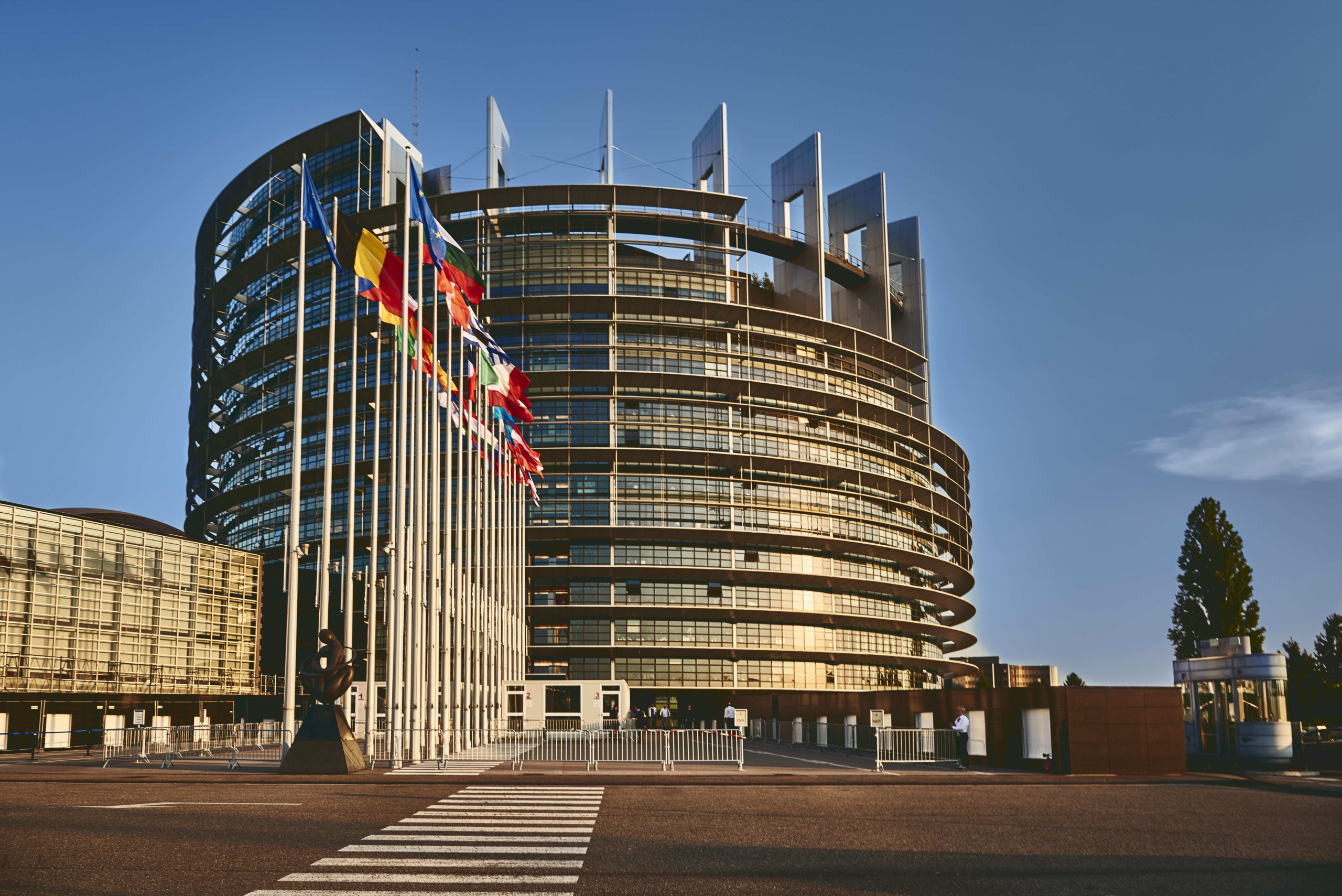
The challenges of waste management in Europe
The European Union faces enormous challenges when it comes to waste management. Every year, massive quantities of food and textile waste are produced, totalling around 60 million tonnes and 12.6 million tonnes respectively. These alarming figures underline the urgency of implementing effective measures to promote a circular economy and reduce the waste of resources. Faced with this reality, the European Parliament is committed to adopting ambitious policies aimed at transform environmental challenges into opportunities for sustainable growth.
Reducing textile and food waste: new rules to support the circular economy
With this in mind, theEuropean Parliament recently adopted bold proposals to step up efforts to reduce textile and food waste across the European Union. This initiative, approved by a large majority, aims to meet environmental challenges while promoting sustainable economic growth. Members of the European Parliament have expressed their desire to raise food waste reduction targets. They propose raising binding targets for reducing food waste to at least 20% in food processing and manufacturing, and 40% per capita in retail, catering, food services and households. These targets must be met at national level by December 31, 2030. MEPs also call for an assessment of the possibility of introducing even more ambitious targets for the year 2035.
Extended producer responsibility for textile products
The new legislation also provides for extended producer responsibility for textiles, clothing and footwear. Under the rules adopted, producers will be required to cover the costs of separate collection, sorting and recycling of textiles placed on the European market. Member States will have to set up these schemes within 18 months of the directive’s entry into force, with a particular focus on separate collection of textiles for reuse and recycling by January 1, 2025. Rapporteur Anna Zalewska stressed the importance of these measures to reduce food waste and close the gaps in textile waste management. She highlighted targeted solutions such as adding value to « ugly » fruit and vegetables, and clarifying date labeling practices to minimize food waste. As far as textiles are concerned, she stressed the need to extend the range of products covered by the legislation, including carpets and mattresses, and to monitor exported used textiles.

Next steps and conclusion
The position adopted by the Environment Committee will be put to the vote at a plenary session in 2024. After that, the dossier will be passed on to the new Parliament following the European elections in June 2024. The adoption of these rules marks an important step towards a more sustainable economy and responsible resource management. By encouraging more efficient use of resources and reducing waste, these measures will help ensure a cleaner, more sustainable future for generations to come. Indeed, encouraging more efficient use of resources and reducing waste are crucial to ensuring a sustainable future for future generations. This initiative is an essential step towards transforming our current economic model into a more circular system, where resources are used more efficiently and waste is minimized.
To find out more about the EU’s new actions, go to here !
Read also
Questions about CircularPlace?



